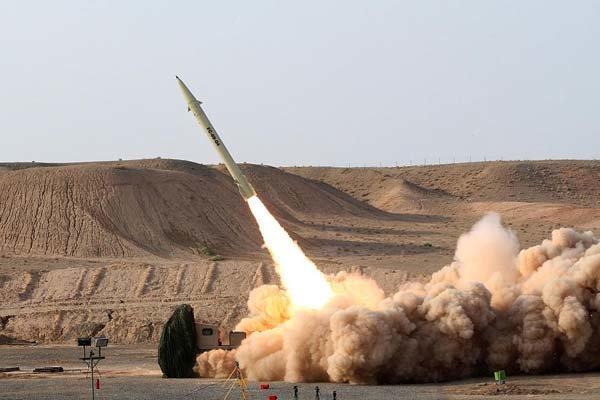Baku, Azerbaijan, August 2
By Kamila Aliyeva – Trend:
Although Islamic Republic’s testing of ballistic missiles is not a clear violation of the 2015 nuclear agreement from the legal standpoint, it is inconsistent with the accord and the UN resolution that endorsed it, Ahmad Khalid Majidyar, a fellow and the director of IranObserved Project at the Middle East Institute, told Trend.
“The Joint Comprehensive Plan of Action (JCPOA) that was signed by Tehran and five world powers in 2015 does not address Iran’s missile program,” he said.
Nevertheless, the subsequent UN Security Council Resolution 2231 calls upon Iran not to undertake any activity related to the ballistic missiles designed nuclear weapons delivery capabilities, including launches using such missile technology, according to the expert.
“Iranian officials argue that the country’s missiles are not designed to carry nuclear warheads. At the same time, Western officials say some of the missiles, which have been tested by Iran after the 2015 nuclear deal, have been inherently capable of delivering nuclear weapons and are in defiance of the U.N. resolution,” he said.
Another expert in the Middle Eastern regional security affairs, with a particular focus on Iran, Alex Vatanka noted that, although Iran claims it does not violate the 2015 agreement, its missile tests surely do not result in building confidence between Iran and the Trump administration.
“Both Iran and the US are testing each other and this missile test is Iran's response to Trump's anti-Iran rhetoric,” he added.
Iran and the five permanent members of the United Nations Security Council - the United States, Britain, France, China and Russia - plus Germany signed the JCPOA on July 14, 2015 and started implementing it on January 16, 2016.
Under the agreement, limits were put on Iran’s nuclear activities in exchange for, among other things, the removal of all nuclear-related bans against the Islamic Republic.
The UN Security Council later unanimously endorsed a resolution that effectively turned the JCPOA into international law.






